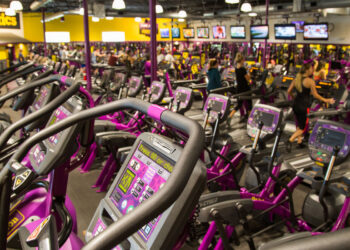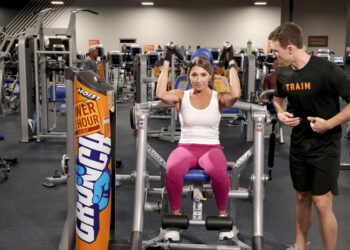Is your club selling or promoting energy drinks? First, let’s differentiate between sport drinks and energy drinks. Sport drinks are mostly water with a nominal amount of sugar and electrolytes. Energy drinks contain caffeine and sugar, and a slew of other ingredients, most of which are unresearched, especially in combination with one another.
Frankly, these concoctions really scare me, especially when anyone can buy these drinks, even 11 and 12-year-old kids.
For an athlete engaged in intense exercise, the high doses of sugar in energy drinks can impair absorption of fluids and result in dehydration. A 16-ounce can of an energy drink may contain 13 teaspoons of sugar and the amount of caffeine found in four or more colas.
It should be noted that caffeine, which is known to improve muscle action and performance, especially in endurance activities, is banned in many sports competitions. So, consuming an energy drink close to an event could disqualify an athlete.
We have talked about caffeine before, so now let’s look at sugar. Our bodies need it for energy, cell maintenance, growth and repair. Carbohydrates, derived from sugars and starches, are as essential as water, fats and proteins.
But the science is clear: Sugar can also make us fat and unhealthy.
Sugar is not always the enemy, but it becomes so when added to foods and refined, not to mention overconsumed. The evidence against sugar and its relationship to obesity arrived decades ago. It doesn’t matter what form of sugar — glucose, sucrose or fructose — studies show sugary diets induce obesity. Sugary foods and drinks are packed with calories and tend to create big swings in blood sugar, which in turn, drive up appetite.
Sugars in beverages are probably the worst culprits in the obesity epidemic because they are consumed so fast and so plentifully. Added sugar — especially in the form of liquid candy —is a major factor in the rising rates of obesity, especially in children. Cutting way back on sugar and refined starchy foods is a very important strategy for long-term weight management.
In a study published in the “Journal of Clinical Nutrition” in 2009, researchers from Johns Hopkins University examined the effect of beverages, including soft drinks, fruit drinks, artificially sweetened diet drinks, milk, alcohol and caffeinated drinks. At the start of the study, participants were typically drinking almost 400 calories a day in liquid calories. Sugar-sweetened drinks accounted for nearly 40 percent of the liquid calories.
Of all the beverages, only the elimination of those that were sugar-sweetened made a significant difference in weight loss. A reduction of just one serving of such sugary drinks per day equated to weight loss of half a kilogram in six months.
Clearly, health clubs need to be at the leading edge of health promotion. I think we should be very selective about the type of beverages we have in our vending machines, juice and coffee bars and restaurants. Keep it simple — water, all-natural juices and some sport drinks are best.
Judith Samuels, M.A. is a certified nutrition and wellness consultant and master personal trainer at Sport&Health Clubs in the Washington D.C. Metro Area. She can be reached via e-mail at judi@judisamuels.com.








